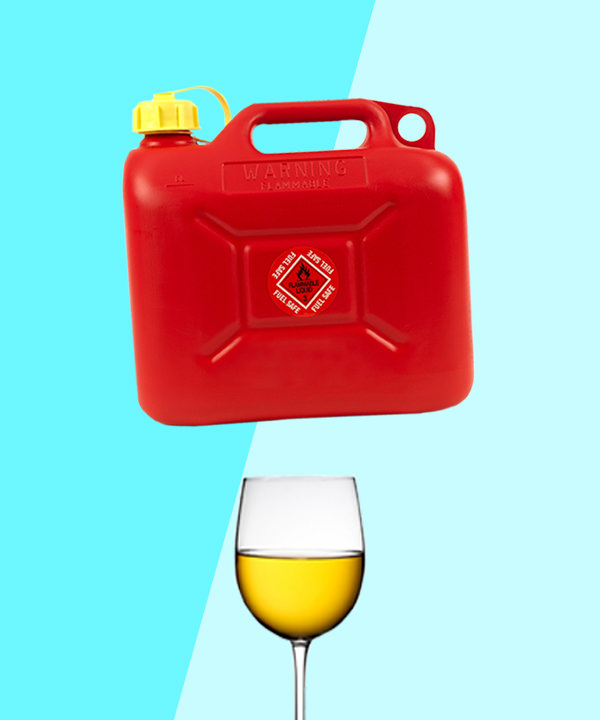Have you ever heard someone describe a wine as a fine example of Riesling, exuding flavors of lime, nectarine, and petrol? We know, something sounds off here. Why in the world would anyone want a wine that smells and tastes of gasoline? But believe it or not, these kerosene notes coming from your glass are actually quite enjoyable, and could provide the backbone for some serious aging potential in your bottle.
For starters, aromas in wine form during the fermentation process, which is why your Riesling may taste like petrol, though a Riesling grape plucked straight from the vine will not. Scientifically speaking, the reason your Riesling smells and tastes like gasoline is due to a chemical compound called TDN, which forms as a result of ripeness or age. In fact, many aromas and flavors in wine, such as cedar, graphite, and tar, don’t necessarily sound as appealing as fruit-forward descriptors, but can be just as (if not more) delicious.
However, some winemakers and consumers aren’t as keen to the petrol-tasting note as others. Famed winemaker Michel Chapoutier once told Decanter that petrol in Riesling was a flaw, the “result of decomposition of the veins within the grape.” On the other hand, winemaker Adam Eggins shared a French wine report with wine writer Joe Roberts, in which he claimed that TDN is a result of the “production of carotenoids in grapes.” According to Roberts, factors likely to increase the TDN include ripe grapes (low yields and late harvest), high sun exposure, water stress, and high acid content. In other words, that hint of petrol is not a fault but rather a natural byproduct of the very conditions that make the best Rieslings great.
